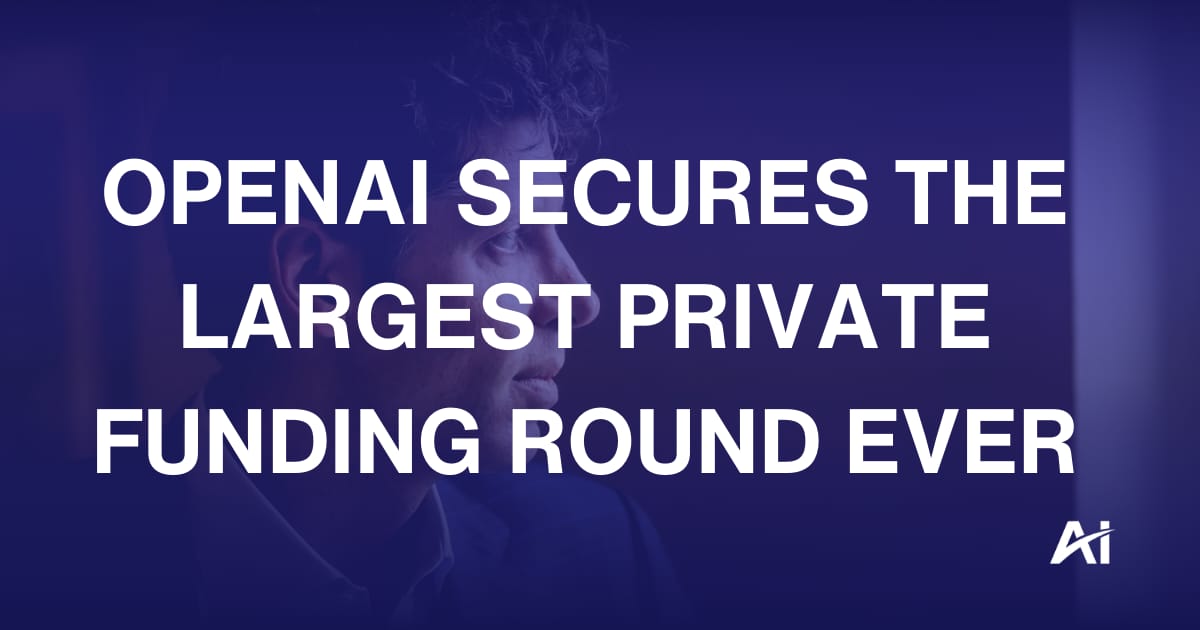
Subscribe to our free Newsletter
💌 Stay ahead with AI and receive:
✅ Access our Free Community and join 400K+ professionals learning AI
✅ 35% Discount for ChatNode
Welcome to The AI Report!
.png)

WORK WITH US • COMMUNITY • PODCASTS
Wednesday’s AI Report
• 1. ✈️ 8 quit Meta’s new AI lab
• 2. 💰 Learn about the cost of data breaches with IBM
• 3. 🌍 How AI drastically cut wasted downtime
• 4. 💡 Partner Perspectives
• 5. ⚙️ Trending AI tools
• 6. 📜 44 states demand AI firms protect kids
• 7. 🌐 Anthropic brings Claude to Chrome
• 8. 📑 Recommended resources
Read Time: 5 minutes
❓Wednesday’s Partner Perspective: Will political pressure reshape US monetary policy? Scroll down to discover what the Director of Partnerships at The AI Report—Kyle Mair—-thinks⬇️
✅ Refer your friends and unlock rewards. Scroll to the bottom to find out more!


8 quit Meta’s new AI lab
🚨 Our Report
Eight employees—including researchers, engineers, and a senior product leader—from Meta’s Superintelligence Lab (MSL) have quit, just two months after CEO, Mark Zuckerberg launched the Lab, and after he went on an aggressive hiring spree, poaching over 50 AI experts from rivals, including more than 20 from OpenAI and over 13 from Google. According to reports, at least two have returned to OpenAI, where they previously worked.
🔓 Key Points
To recruit enough talent to fill his new AI lab and entice them away from his rivals, Zuckerberg was offering candidates nine-figure compensation packages, which has reportedly ruffled feathers among veteran staff.
This could be why they’re leaving in droves: Eg. Chaya Nayak was at Meta for 10 years but has just moved to OpenAI, and Birch Mart, who worked at Meta for 12 years, has left to join Anthropic.
Meta appears un-phased by the rapid departure of both long-term employees and recent hires, stating that "some will decide to stay in their current job rather than starting a new one…that's normal.”
🔐 Relevance
These shock departures indicate that Meta’s Superintelligence Lab hasn’t gotten off to the greatest of starts. Zuckerberg's vision of hiring the crème-de-la-crème to catch up with his rivals could be hanging in the balance, with many saying essential improvements need to be made to the workplace environment to encourage people to stay.
New report reveals insights on AI-driven attacks
Our study found AI-driven attacks accounted for 1 in 6 data breaches.
Attackers can use generative AI to perfect and scale their phishing campaigns and other social engineering attacks.
Gen AI can reduce the time needed to craft a convincing phishing email from 16 hours down to just five minutes on average.
Fed Independence Tested Amid Political Pressure
By Kyle Mair · Director of Partnerships at The AI Report
The AI Report Partner Perspectives Column

How AI drastically cut wasted downtime
Georgia-Pacific—manufacturer of paper, packaging, and building products—lacked access to essential process knowledge across disparate teams.
With 140+ production facilities technicians were finding that knowledge gaps were leading to delays and operational inefficiencies.
They built an internal AI chatbot, which enabled employees across facilities to get accurate, process-specific answers to operational questions.
Having expert-level guidance, on-demand, meant downtime and query resolution time was drastically cut.

Meco is a distraction-free space for reading and discovering newsletters, separate from the inbox ⭐️⭐️⭐️⭐️⭐️ (Product Hunt)
BrowserAct extracts web data without coding
Floot builds apps with AI, no coding required

44 State Attorney Generals (AGs) have sent letters to 13 AI companies—including Meta, Microsoft, Apple, OpenAI, and xAI—demanding they must protect children from inappropriate content, or face the consequences.
The AGs have warned they’ll "use every facet” of their authority to “protect children from exploitation by predatory AI products," emphasizing that the AI companies “will be held accountable for [their] decisions."
Although the AGs don’t blame Meta entirely, they do directly reference recent reports from Reuters and The WSJ, which reveal that Meta allowed its chatbot to engage in “romantic or sensual” conversations with minors.

Anthropic has launched a research-preview of “Claude for Chrome,” which is an AI browser-based AI agent extension that allows users to chat to Claude in a side-window, while using Google’s Chrome browser.
As its a browser extension, Claude for Chrome understands what’s going on in the browser and users can give it permission to complete tasks, like booking flights or making reservations, on their behalf.
Anthropic is releasing Claude for Chrome as a research preview to catch any safety issues, but has made sure it asks user permission before completing “high-risk” tasks, like “publishing, purchasing, or sharing data.”

MORE NEWS
PODCASTS
The New Politics of AI
This podcast examines AI’s rise as a geopolitical flashpoint, exploring how AI now drives national security, diplomacy, and domestic politics.

We read your emails, comments, and poll replies daily.
Until next time, Martin, Liam, and Amanda.
P.S. Unsubscribe if you don’t want us in your inbox anymore.








